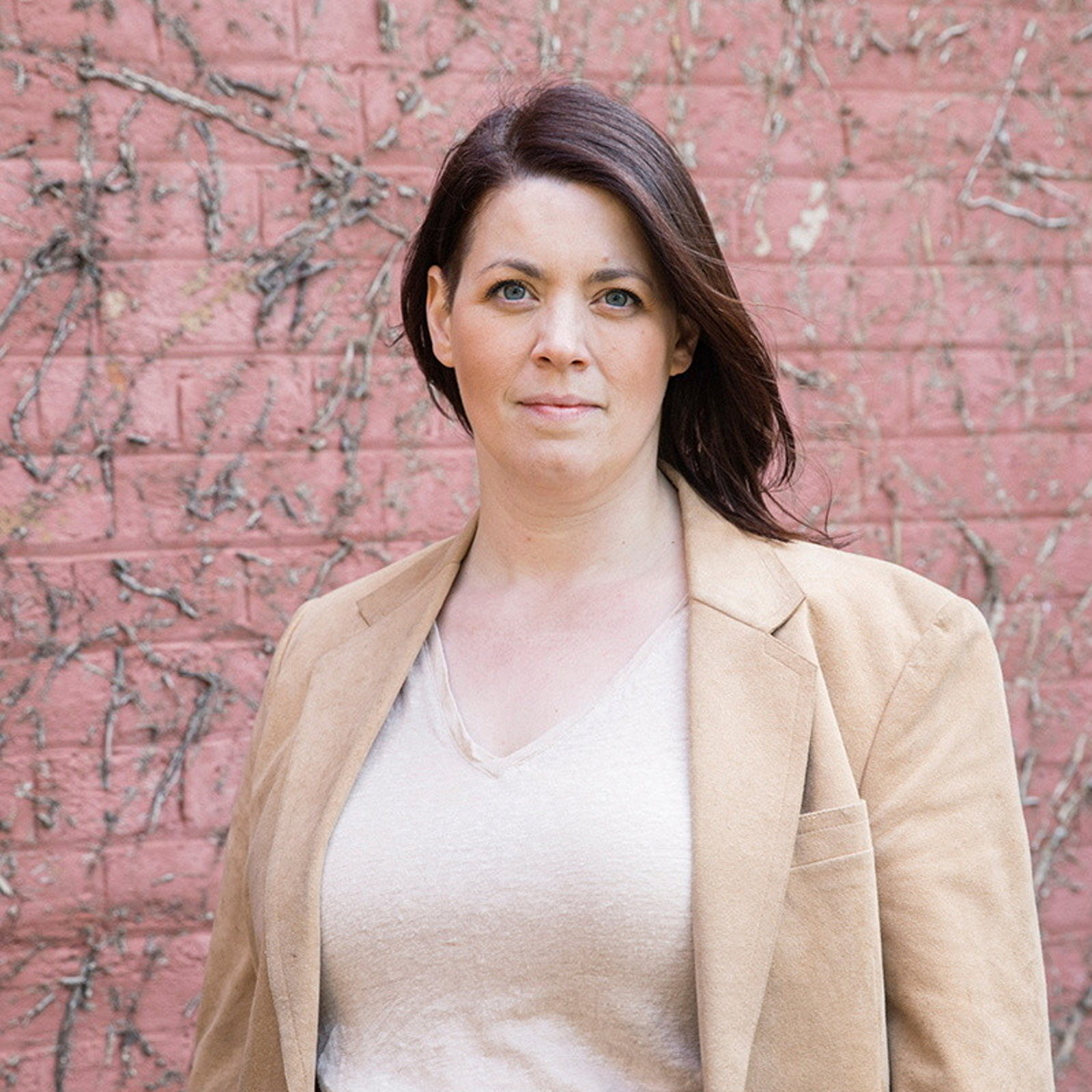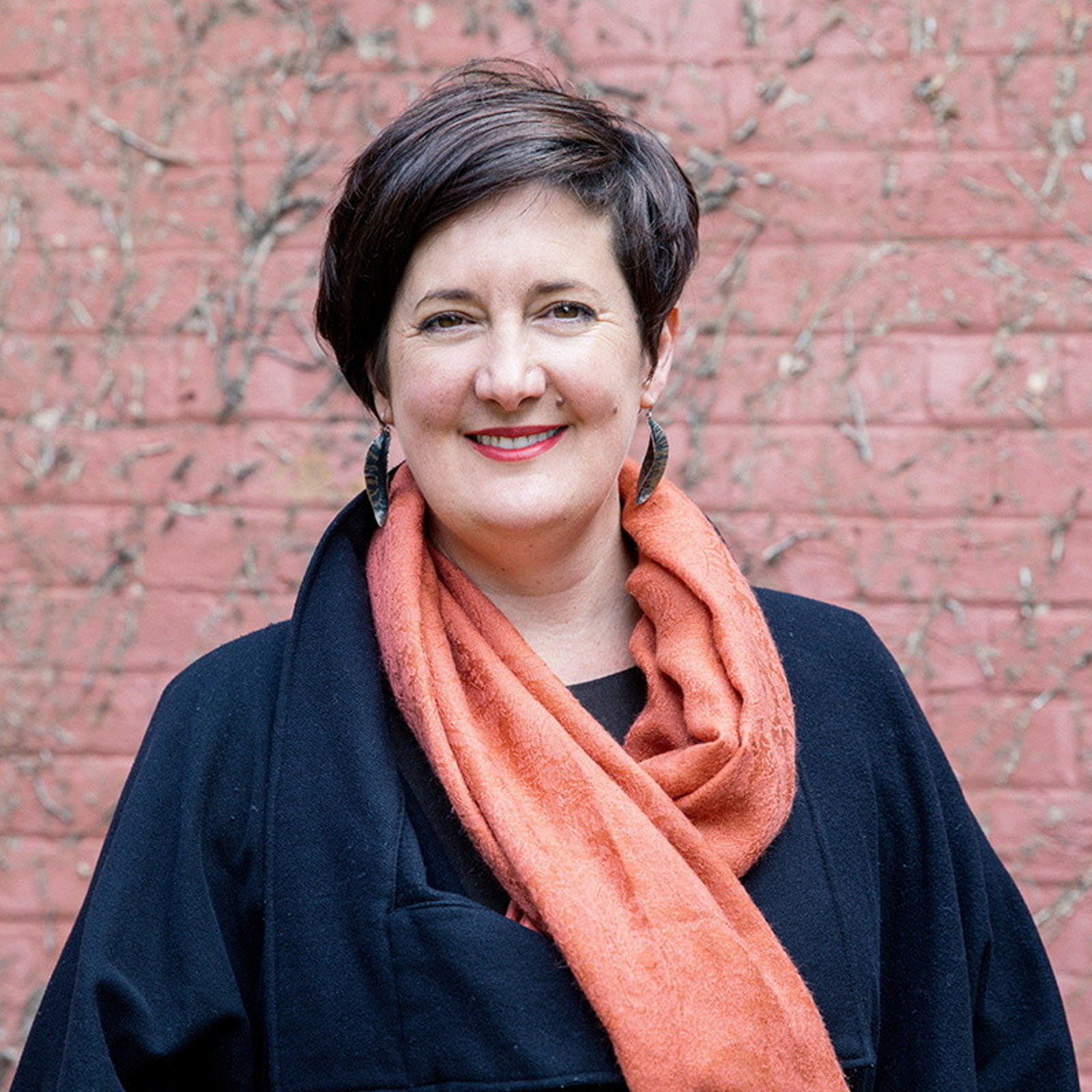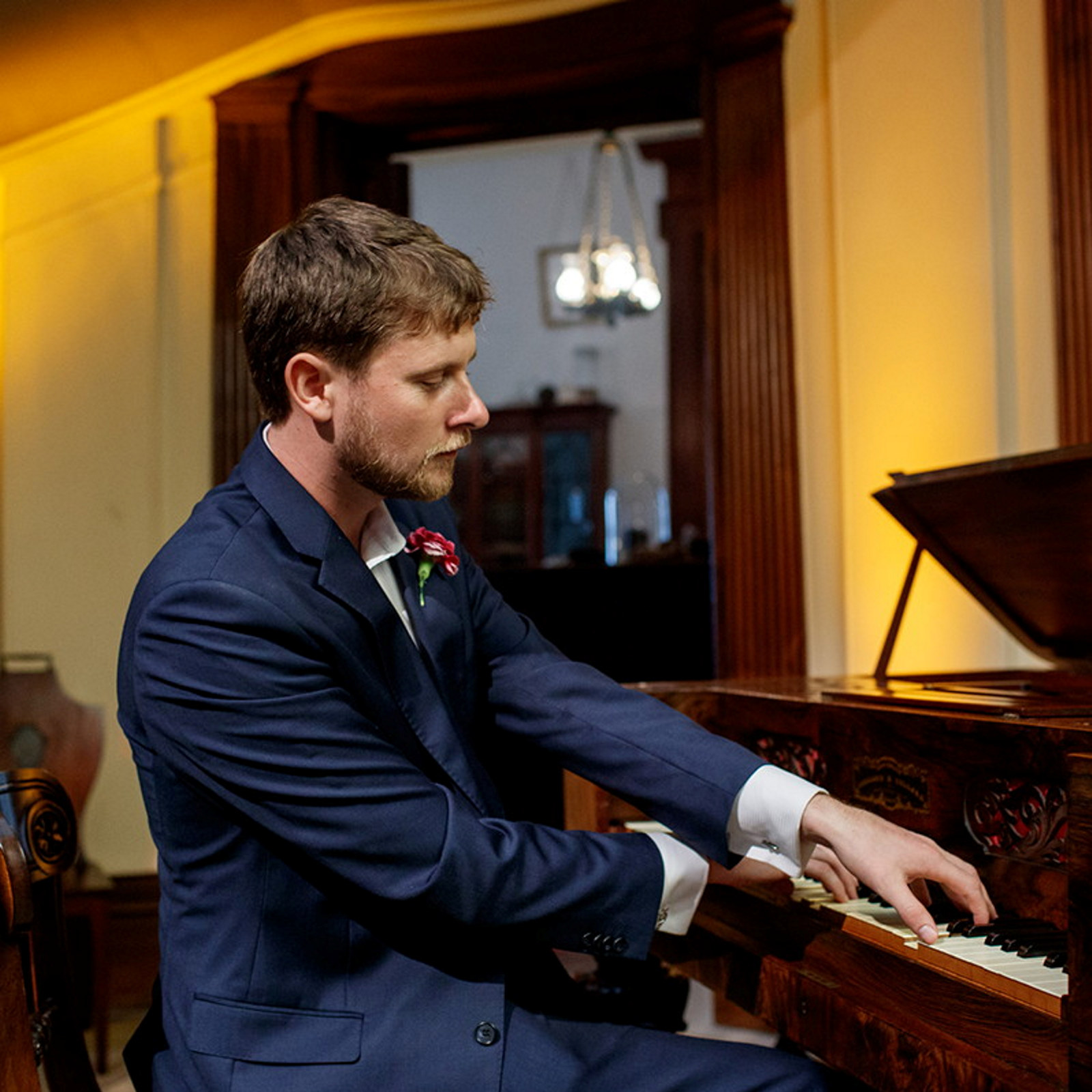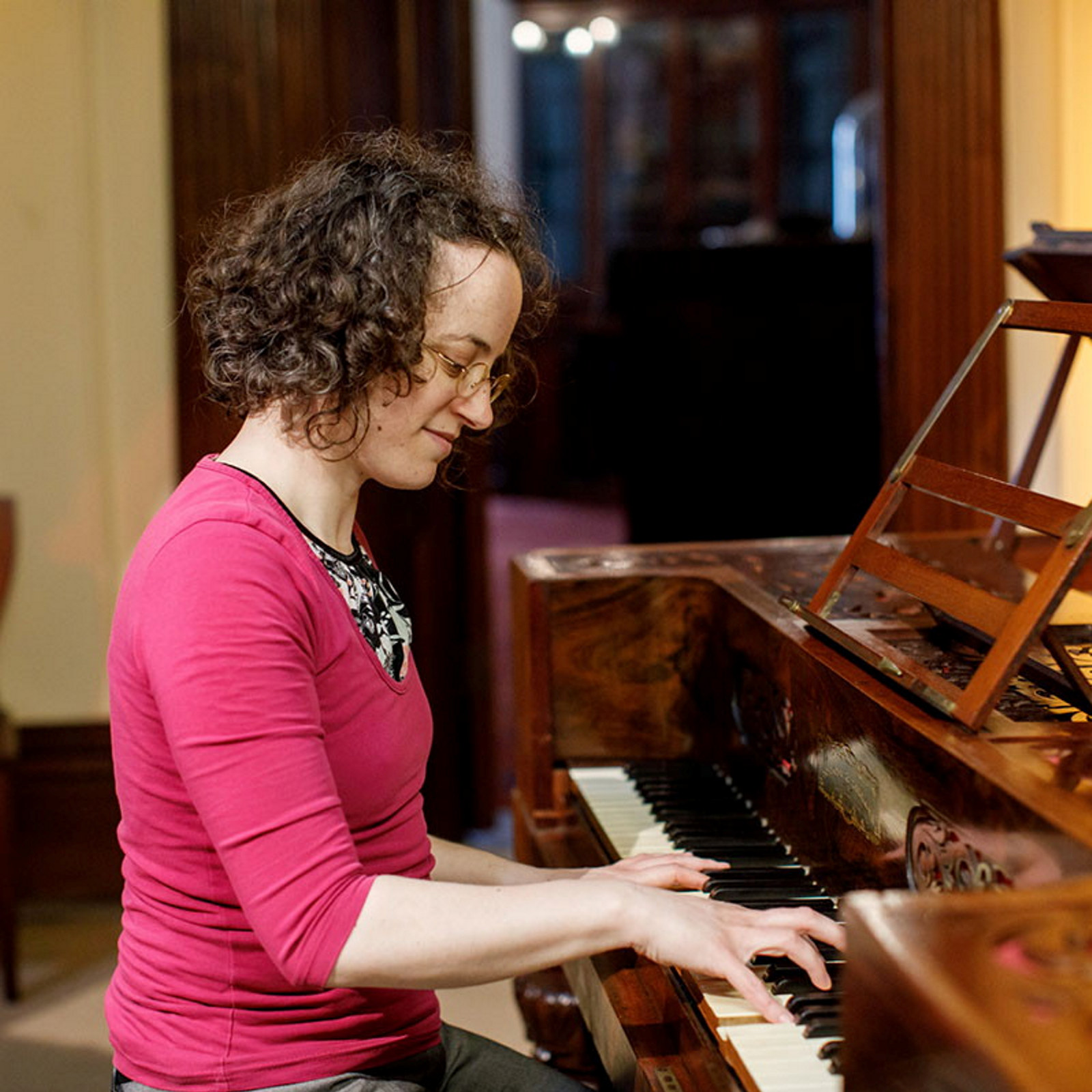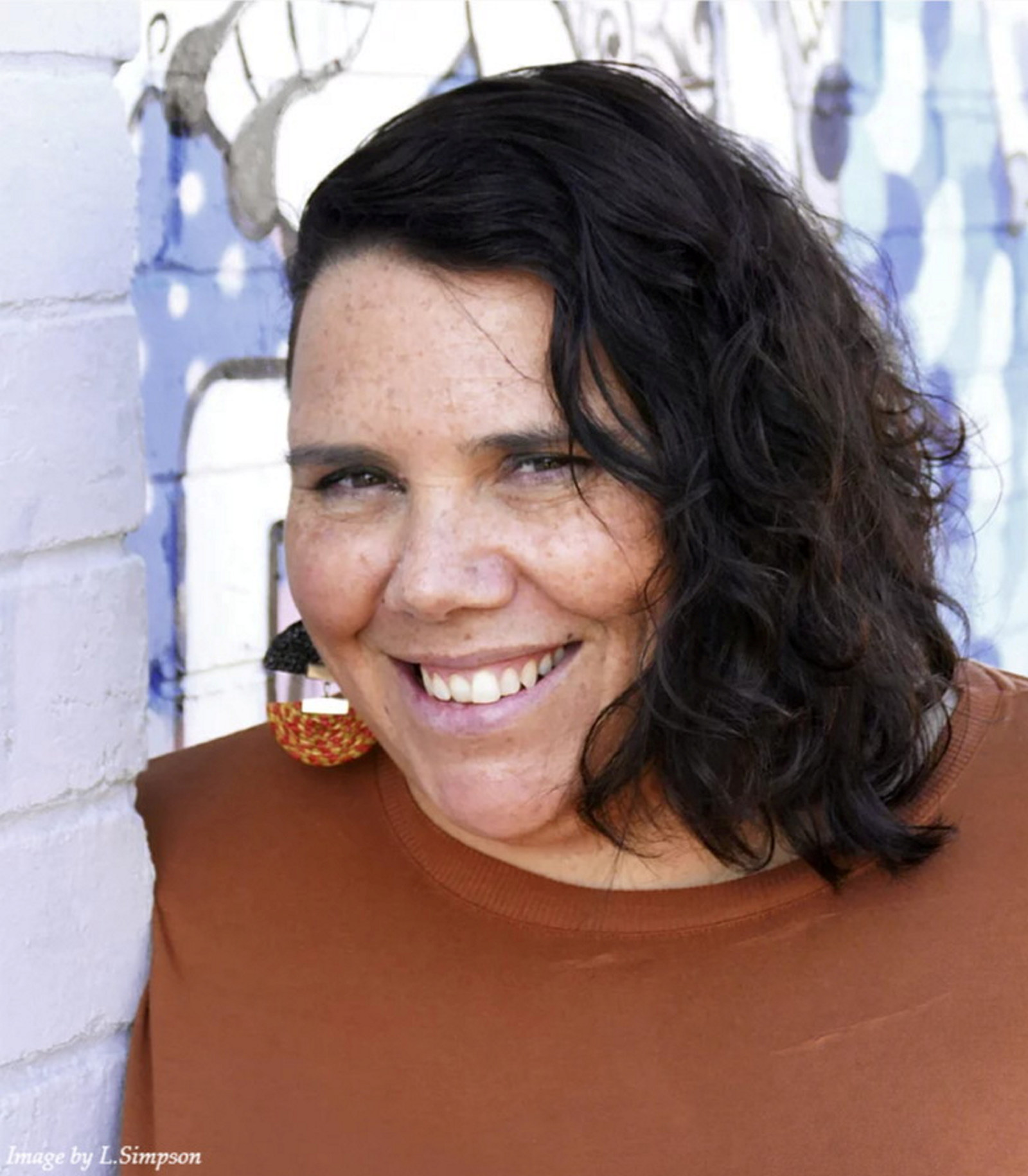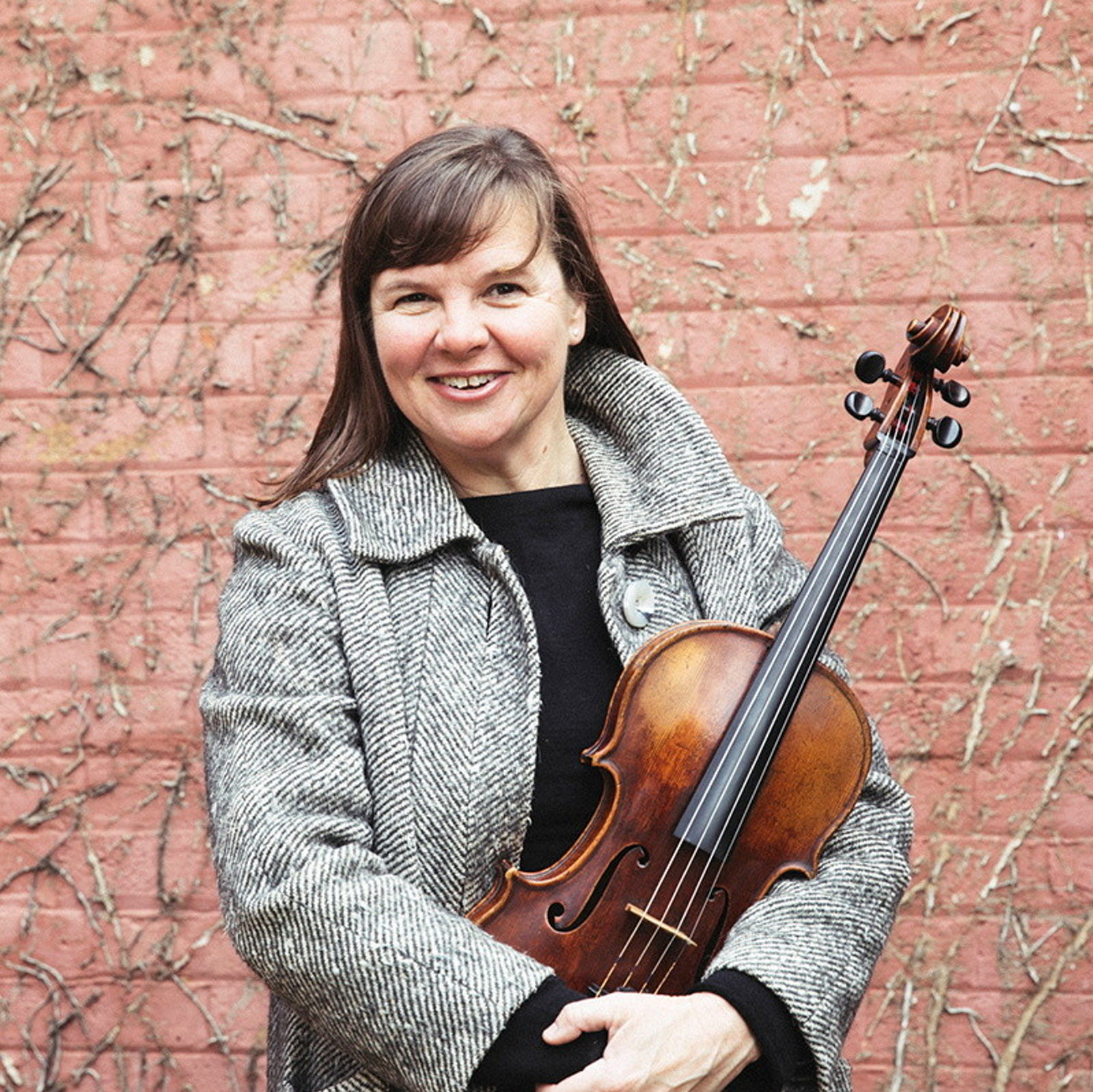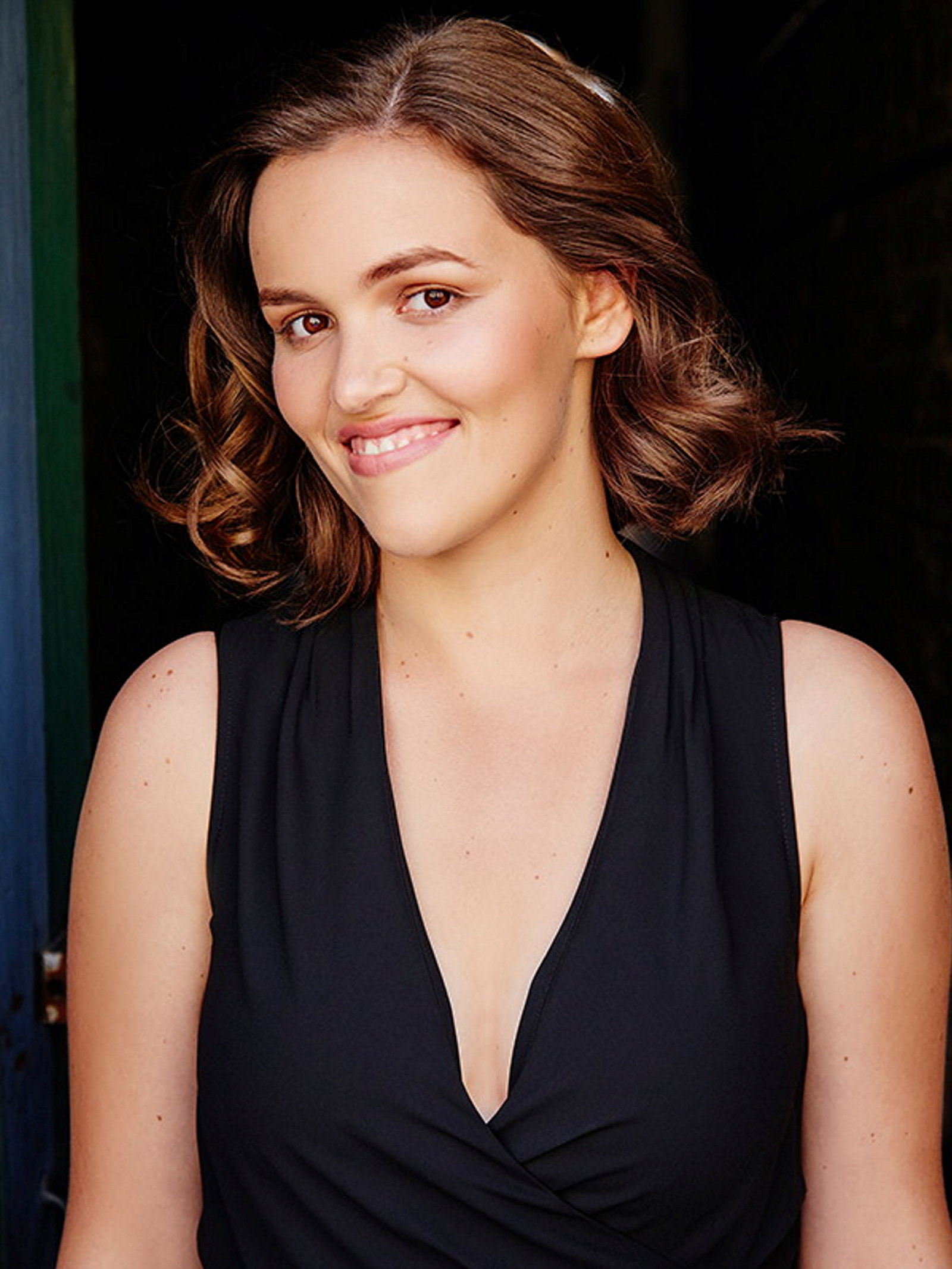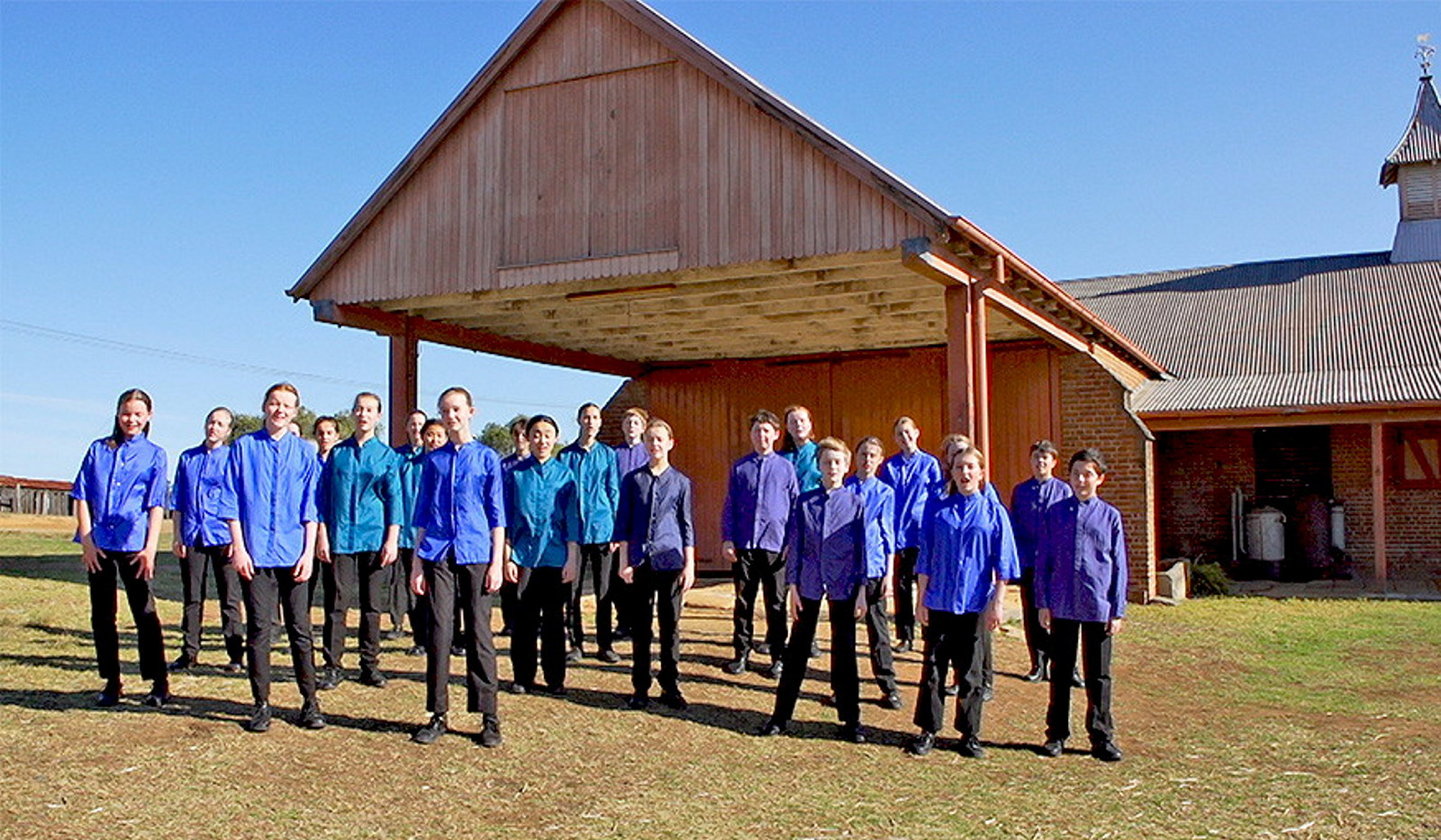House Music at Your House
During the coronavirus pandemic, all over the world, people participated in home activity in unprecedented numbers. Stuck indoors, many of us entertained ourselves, family and friends by making music, playing games and telling stories.
In many ways, this newfound focus on making and sharing music at home echoes life in 19th-century NSW. Imagine a world with no recordings, radio, television, phones or internet to pass the time! Just as we do now, people in 19th-century NSW enjoyed collecting and sharing their favourite songs. They bought sheet music from shops in town, spent hours copying out tunes by hand, or passed down songs from person to person in an oral or folk tradition. Some may have been able to afford a piano, or perhaps they accompanied themselves on a violin, whistle, accordion, guitar, flute or drum.
Playing with music across time
We invite you to join us in a new musical experiment, bringing the music of the 19th century into the 21st century. We’ve delved into the hundreds of popular songs that survive in the collection at Rouse Hill Estate in north-west Sydney to bring you the top 20 hits of the 1840s and 50s – songs played across NSW, Australia and overseas. We’ve also asked some brilliant musicians to help you explore these pieces of music from their homes and in our historic houses.
Every week we’ll post online the music score of a song enjoyed by the Rouse family and their friends, along with a video, a sound file or guitar chords. The words of these 19th-century songs may seem strange and quaint today, but many of the underlying sentiments are familiar, touching on unrequited love, emigration, a longing for home, separation from loved ones, and even the experience of impatiently waiting for the postie!
We would love YOU to update these songs for the 2020s and make your own cover version of each week’s song, turning music from 19th-century Rouse Hill House into music at YOUR house in the 21st century.
Song selection
![Owner bound volume of assorted songs, in the collection of Rouse Hill House & Farm, 1850-1864. [music]](https://images.slm.com.au/fotoweb/embed/2023/10/d2e0918e22304feb90e19681abbaafec.jpg)
‘Gii, Gundhi (Hearts and Homes)’
A single song can have a thousand meanings depending on its interpreter. Yuwaalaraay storyteller and musician Nardi Simpson shares her version of a 19th-century parlour song
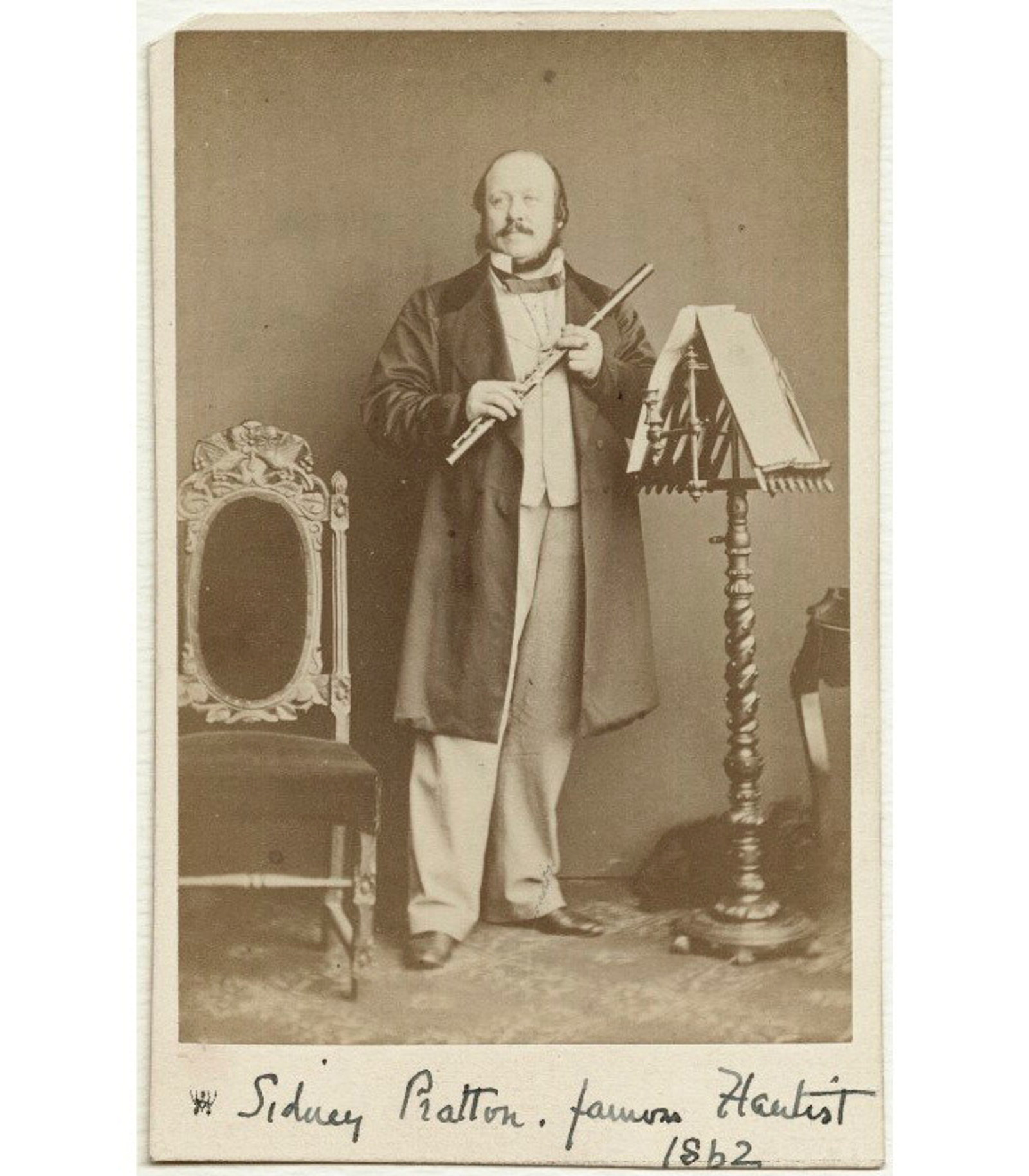
‘Too Late! Too Late!’
Keeping it in the family - we could say that this comic song is a ‘cousin-by-marriage’ of one of our previous songs
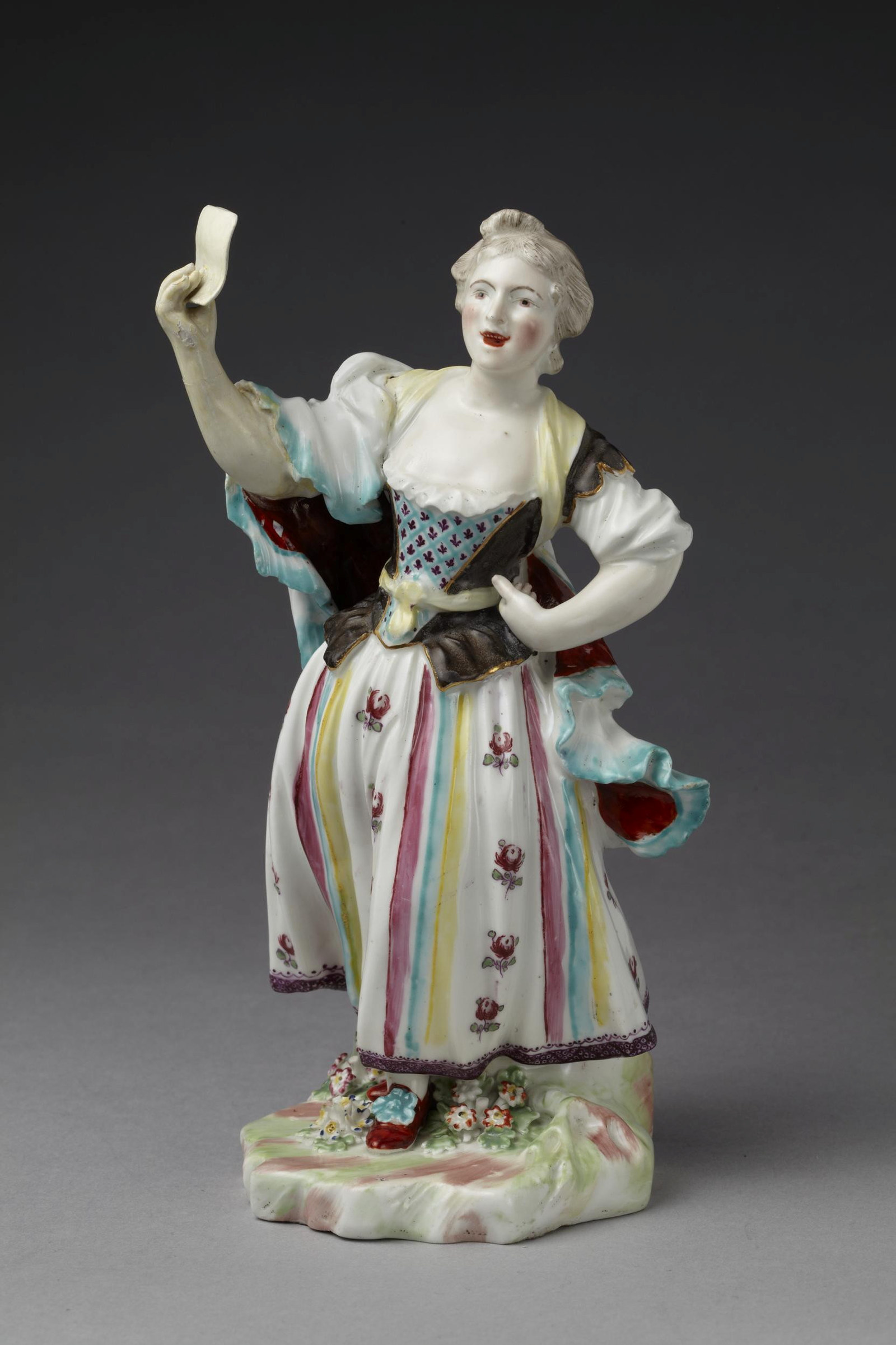
‘The Ballad Singer’
Romanticised themes of antiquated English traditions continued to feature in songs popular in Australia in the mid-nineteenth century
![Owner bound volume of assorted songs, in the collection of Rouse Hill House & Farm, 1850-1864. [music]](https://images.slm.com.au/fotoweb/embed/2023/10/bc891bcf7e9049b3bd638857589acb44.jpg)
‘The Postman’s Knock’
With the invention of the upright piano in England in the 1820s, households around the world rapidly acquired a relatively cheap and reliable source of entertainment
![Owner bound volume of assorted songs, in the collection of Rouse Hill House & Farm, 1850-1864. [music]](https://images.slm.com.au/fotoweb/embed/2023/10/3fb4e00f913045af81f3c1d90a35923f.jpg)
‘Willie We Have Missed You’
During the 1850s a wave of American performers arrived with new repertoire that dominated Australian music halls and homes for the remainder of the century
![Owner bound volume of assorted songs, in the collection of Rouse Hill House & Farm, 1850-1864. [music]](https://images.slm.com.au/fotoweb/embed/2023/10/3810c07fd7fc4a78bcb41f48b8597385.jpg)
‘Hearts and Homes’
Little-known today, composer and music publisher John Blockley (1800-1882) was well-represented in the drawing rooms of Sydney in the 19th century
![Owner bound volume of assorted songs, in the collection of Rouse Hill House & Farm, 1850-1864. [music]](https://images.slm.com.au/fotoweb/embed/2023/10/a9105b4396da4a59b6264185991510a7.jpg)
‘All Things Love Thee, So Do I’
There was often a strong connection between music publishing and retail and entrepreneurial composer-producers
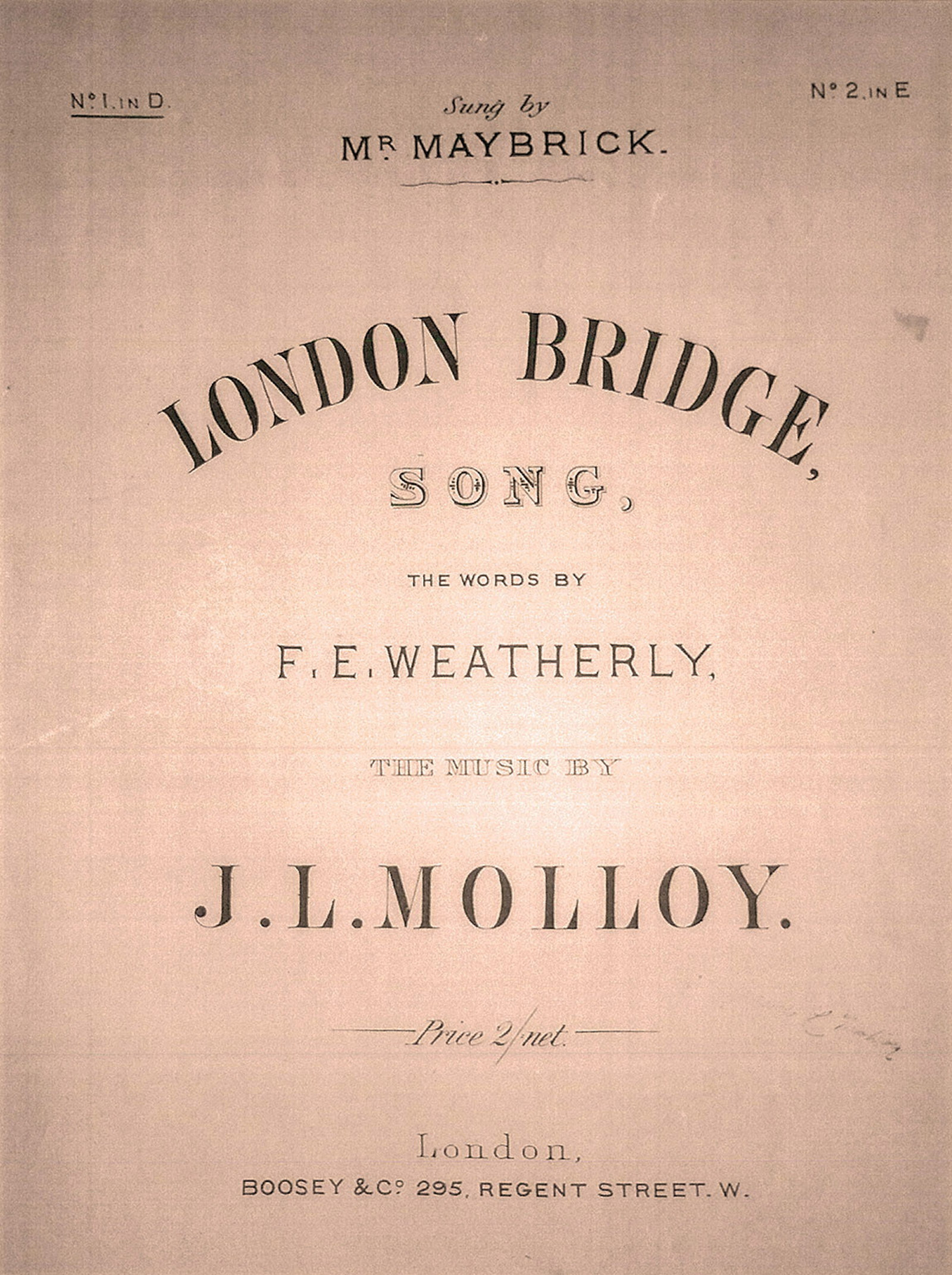
‘London Bridge’
The story of family music making at Rouse Hill Estate reflects generations of shared musical experience
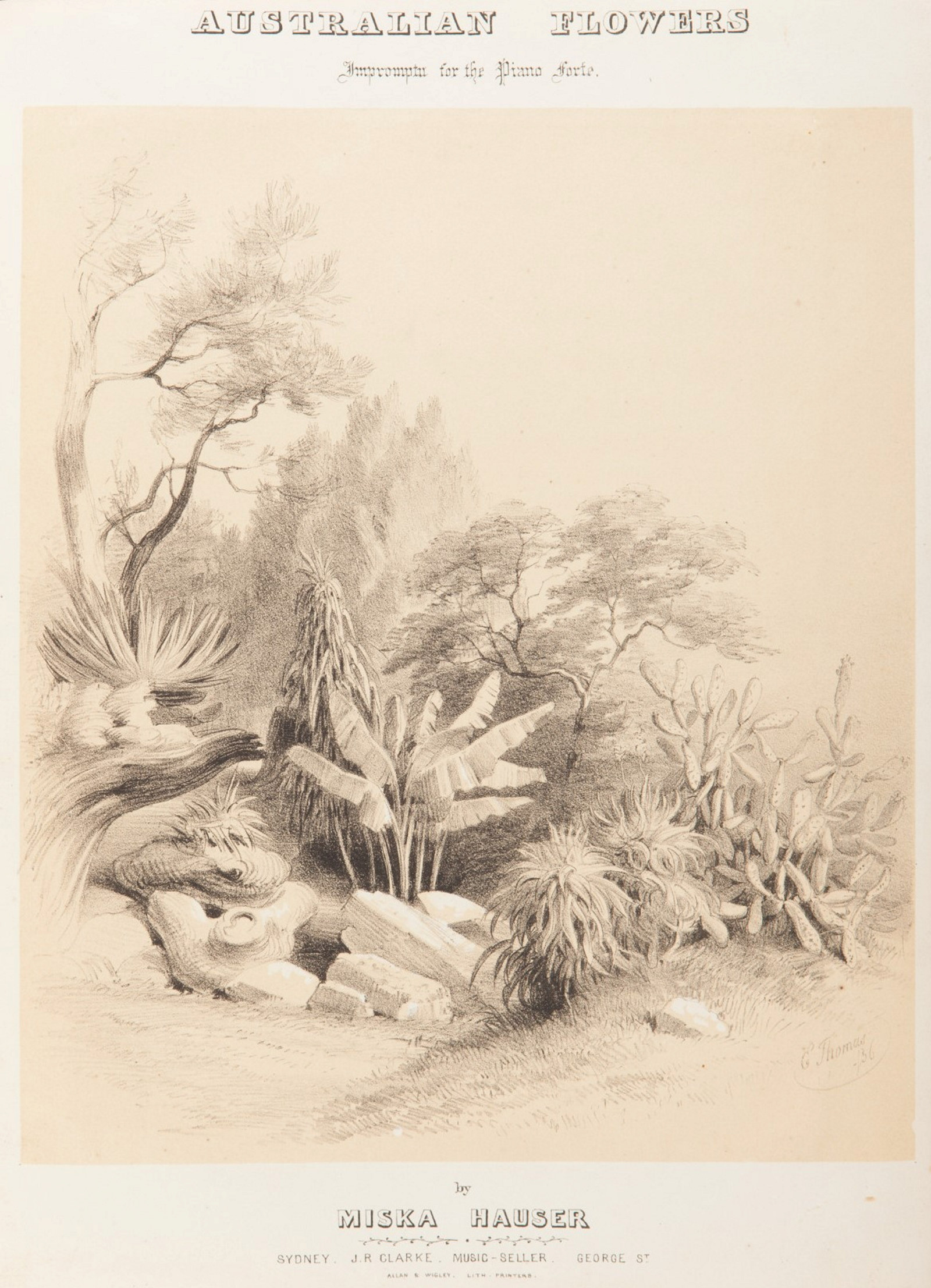
'Australian Flowers'
Given that much of the music played in Australia in the 19th century had been imported, one might ask what constituted an ‘Australian’ piece of music?
![Owner bound volume of assorted songs, in the collection of Rouse Hill House & Farm, 1850-1864. [music]](https://images.slm.com.au/fotoweb/embed/2023/10/e4d57130c38049b4b1034a89c4c1a597.jpg)
‘Castles in the Air’
The term ‘Castles in the Air’ appears in many works of poetry, long form literature and song, from the late 18th century to today
![Owner bound volume of assorted songs, in the collection of Rouse Hill House & Farm, 1850-1864. [music]](https://images.slm.com.au/fotoweb/embed/2023/10/ffcdb4fcd5134df3ad97a4dd82fd58e2.jpg)
‘Robin Red-Breast’
For many emigrants coming to New South Wales in the mid-19th century the notion of ‘home’ belonged to places far over the seas in the northern hemisphere
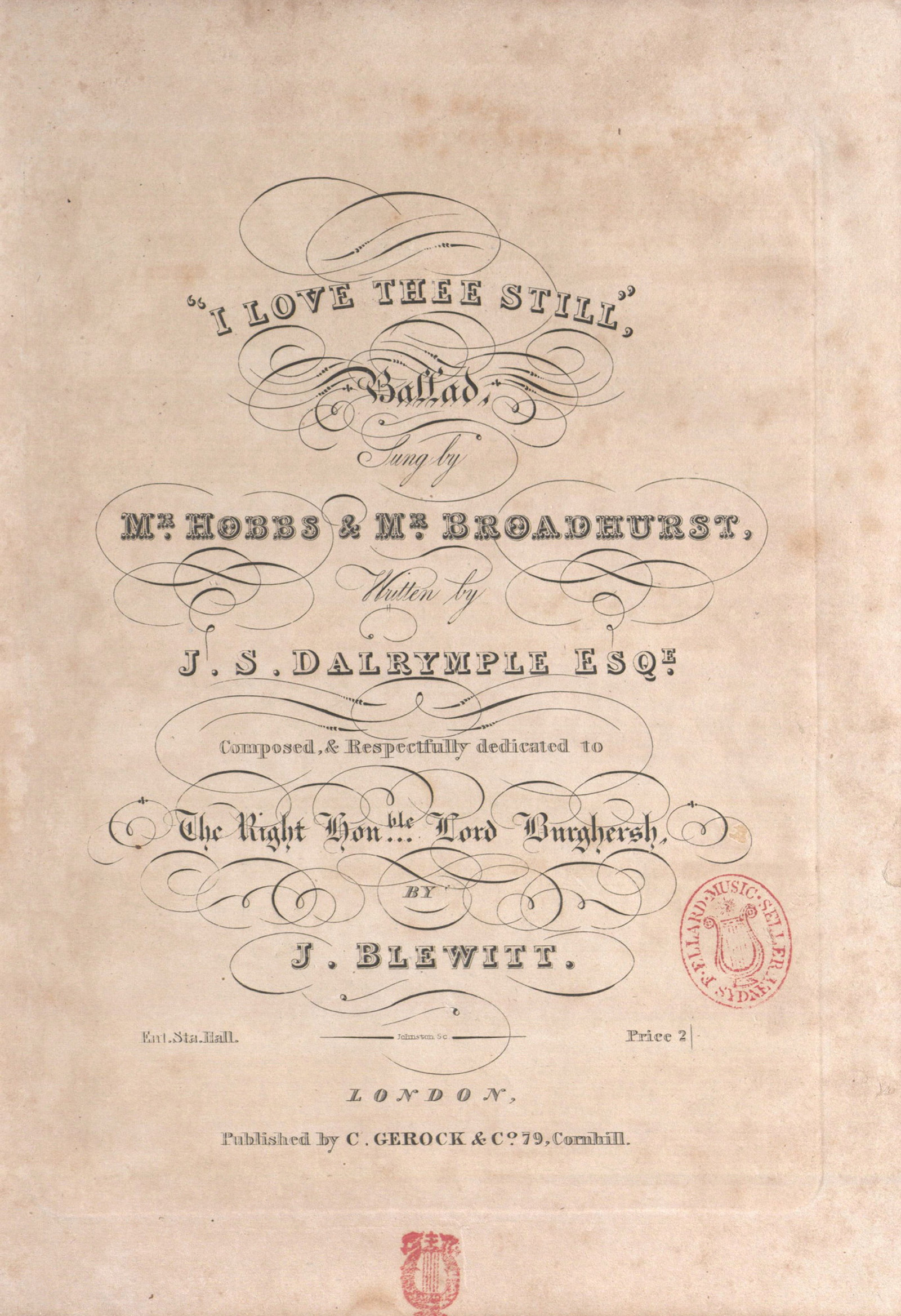
‘I Love Thee Still’
Even the simplest, shortest tunes could be a florid affair in the 19th century when a performer put their mind to it
![Owner bound volume of assorted songs, in the collection of Rouse Hill House & Farm, 1850-1864. [music]](https://images.slm.com.au/fotoweb/embed/2023/10/d0c2d319da2f453bad0e036562eadb1a.jpg)
‘Annie Laurie’
The tune to this ‘old’ ballad ‘Annie Laurie’ may not have been quite as old as the Rouse family thought
![Owner bound volume of assorted songs, in the collection of Rouse Hill House & Farm, 1850-1864. [music]](https://images.slm.com.au/fotoweb/embed/2023/10/a3754f6045e94ebea3928ed6c216a161.jpg)
‘Katty Darling’
This song reveals a cheeky disregard for copyright and how trying to identify the national identity of a tune can lead you down a slippery slope!
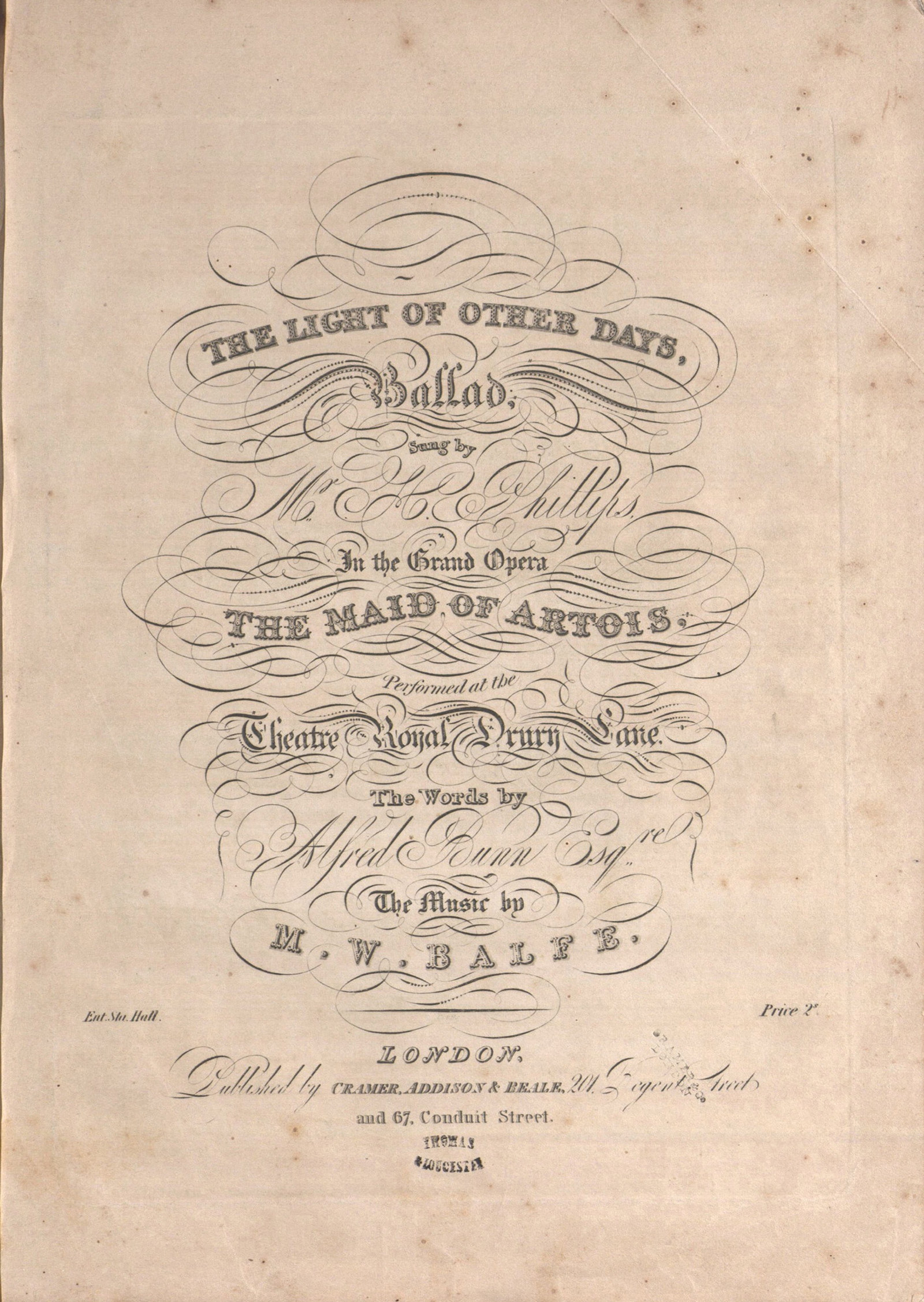
‘The Light of Other Days’
‘The Light of Other Days’ is from the opera ‘The Maid of Artois’, which premiered in London in 1836
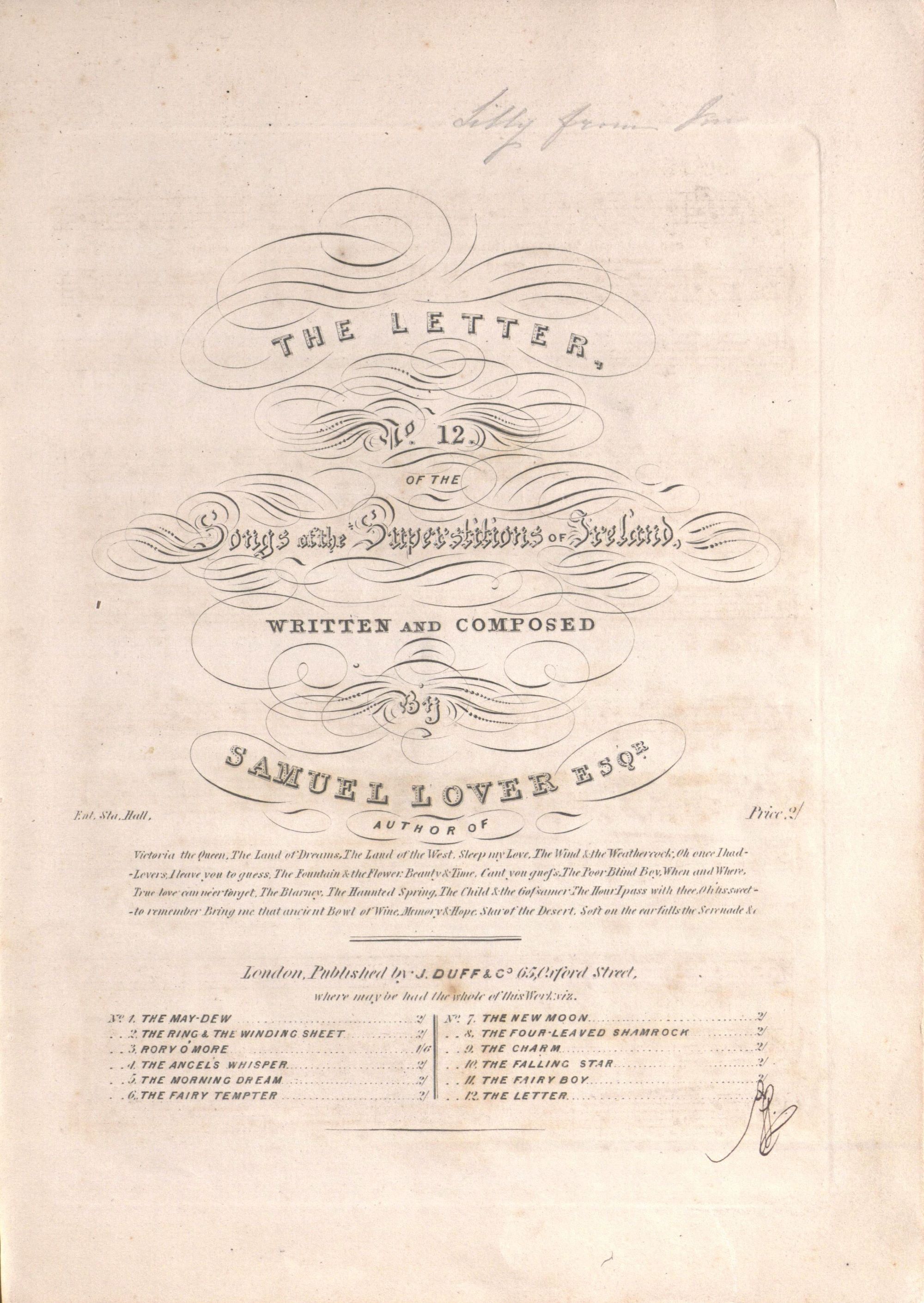
‘The Letter’
Originally written for voice and piano, ‘The Letter’ is one of a dozen tunes from a series called the ‘Superstitions of Ireland’ originally published in London in the late 1830s
![Owner bound volume of assorted songs, in the collection of Rouse Hill House & Farm, 1850-1864. [music]](https://images.slm.com.au/fotoweb/embed/2023/10/615fb53b45ca4bfb8d979b01993be8c3.jpg)
‘Home! Sweet Home!’
It may come as a surprise that the expression ‘home, sweet home’ originates from a song title
![Owner bound volume of assorted songs, in the collection of Rouse Hill House & Farm, 1850-1864. [music]](https://images.slm.com.au/fotoweb/embed/2023/10/f99b010b17cb4da5b411ee2c5605789a.jpg)
‘Sweet home’
A British-born composer and performer, William Thomas Wrighton (1816–1880) was best known for hits such as ‘Her bright smile haunts me still’, ‘The postman’s knock’, and this song, ‘Sweet home’
Meet the musicians
Webinar
![[Collection of pencil and watercolour sketches, photographs and ephemera related to the Rouse family of Rouse Hill House] / Thomas Wingate [pictorial material]](https://images.mhnsw.au/fotoweb/embed/2024/06/0567f8c50f23494185819ef9578e183d.jpg)
House Music at Your House webinar
A new musical experiment aiming to bring the music of the 19th century into the 21st century
Published on
Related
Browse all![[Sydney from the north shore], Joseph Lycett, 1827.](https://cdn.sanity.io/images/zl9du87e/production/efb0ca986f6e159dd142f8014c35c3b1010cbc06-1346x908.jpg?fit=max&auto=format)
Hearing the music of early New South Wales
A new website documents an exciting partnership between Museums of History NSW and the University of Sydney in an exploration of Indigenous song and European settler vocal and instrumental music in early colonial NSW

Dressing Joan Sutherland
One of the most spectacular costumes on display in the exhibition The People’s House: Sydney Opera House at 50 is an extraordinary Renaissance dress designed by Kristian Fredrikson and worn by Dame Joan Sutherland in the part of the notorious Lucrezia Borgia
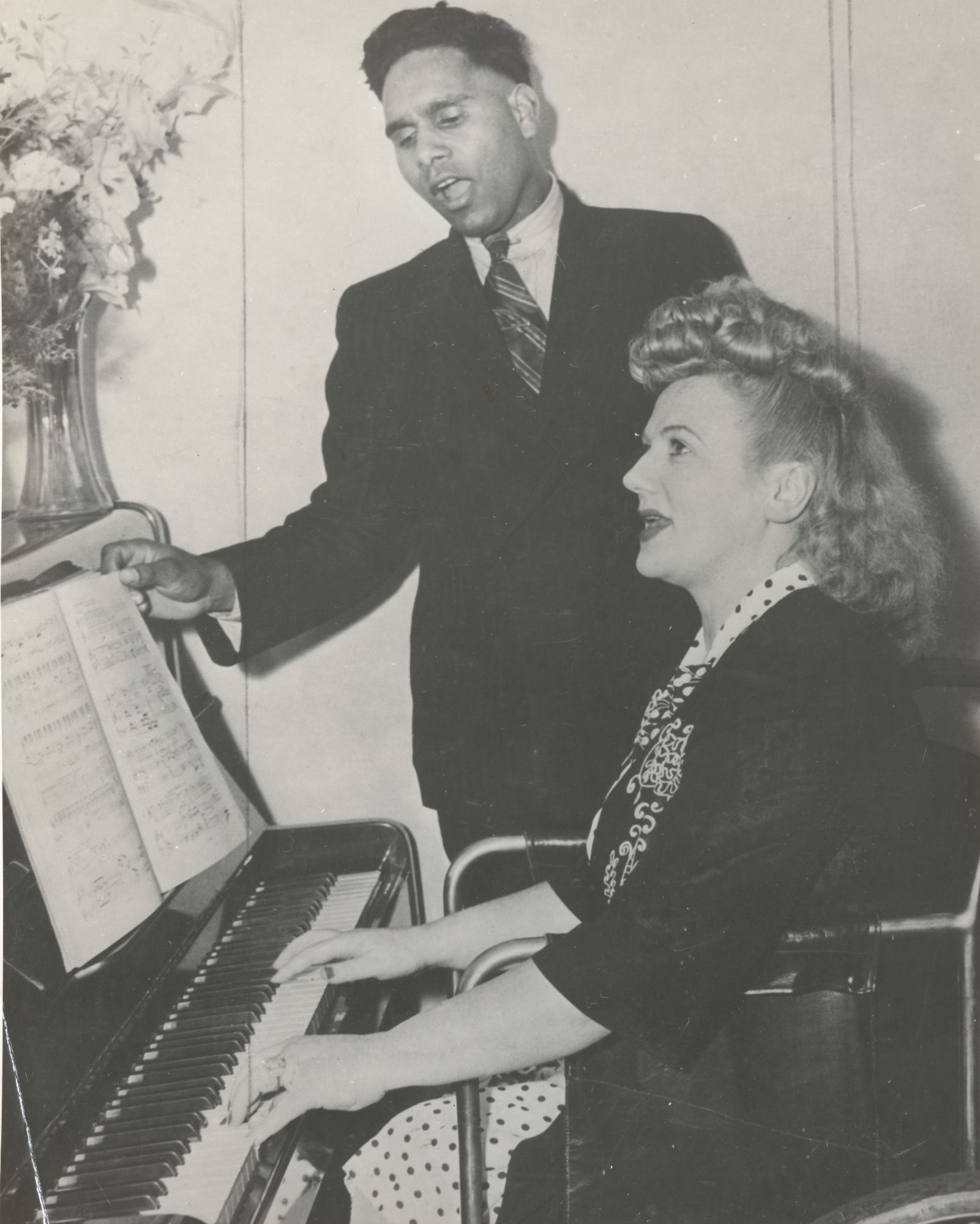
First Nations
Paving the way ... Harold Blair: The first Aboriginal opera singer
A short documentary that offers a glimpse into the life of Harold Blair, a world-renowned tenor, family man and political campaigner who sought social justice and human rights for Australia’s First Nations people

First Nations
Harold Blair, trailblazer
Wulli Wulli tenor Harold Blair AM was Australia’s first professionally trained Aboriginal opera singer
